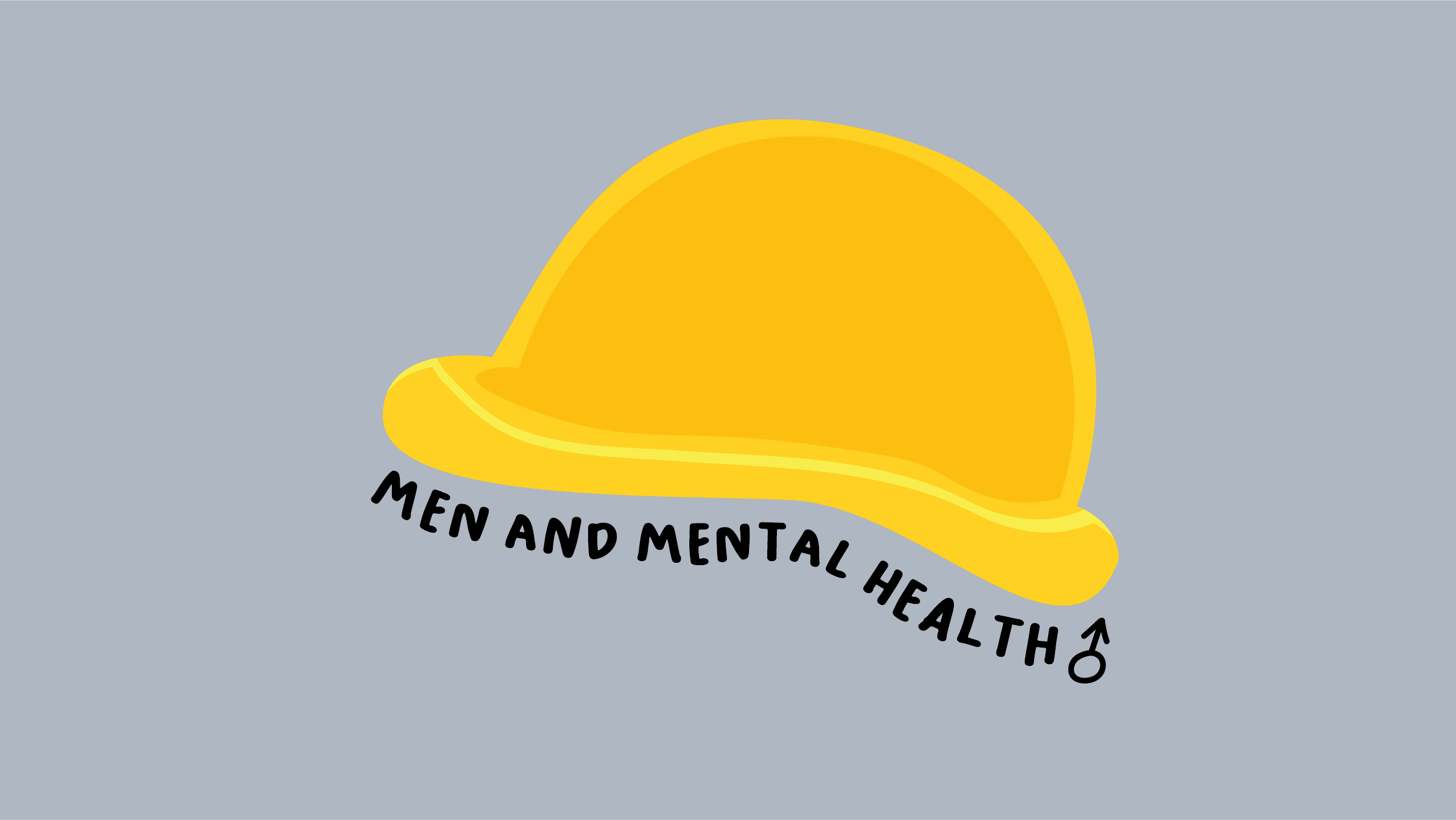Project Description
Mental Health and Men
April 27, 2022

In 2021, men were reported to be three times more likely to die from suicide than women, with men between the ages of 40-49 having the highest suicide rates in the UK.
On top of this, according to the Governments national wellbeing survey, men are reported to have lower levels of life satisfaction that women. But why?
Today the expectations and “traditional” gender roles play a huge part into why men are unable to communicate their thoughts and feelings. Mental health and stress amongst men are looked upon as a sign of weakness. Gender stereotypes of men to be strong, dominant and the ‘breadwinner’ of the household has led to men not being able to reach out for help and be open.
MentalHealth.org.uk reported that men are ‘also more likely to use potentially harmful coping methods such as drugs or alcohol’ which can lead to anger problems and ‘increased loss of control’.
Mental Health in Construction
Just as construction is tiring on the body, it can also have an impact on men’s mental health as well. In general, mental health is a complex topic that often feels uncomfortable for men to talk about. 58% of tradespeople have experienced poor mental health and on average, 2 construction workers take their own lives every day.
Working in the construction sector can be an incredibly stressful career choice, with long-working hours and a challenging fast-paced work environment to navigate. As well as the industry being challenging, the construction industry is predominantly male (89%). This can lead to a very masculine work environment where emotions are not a popular topic for discussion.
How can construction employers help men’s mental health?
We have outlined some steps businesses can implement to help look after the team’s mental wellbeing:
- Create and implement a mental health plan
Create an open company culture that normalises people talking about their mental health. Within the business’ mental health plan, ensure that there is an ongoing check-up of team member’s mental health. This can be as simple as getting your managers to ask people:
- ‘How are you?’
- ‘How is your project going? Are there any pain points?’
- ‘How is your current workload? Can we support you in anyway?’
Whether this be in project meetings or grabbing a quick minute if someone looks like they aren’t coping. It is important to make your team aware of the support systems at work.
- Offer an Employee Assistance Programme
This kind of plan can help support male employees dealing with personal issues that might impact their work by providing access to counselling and referral services. It allows them to seek professional help if they feel uncomfortable telling business leaders details about any mental health issues they may have.
- Look at ways to create mental health first aiders
There are many Mental Health First Aid courses that both business leaders and team members can take part in. Mental Health First Aid consists of recognising the signs of common mental health issues, they provide non-judgmental support and reassurance, and will help guide an individual person to seek professional help.
- Encourage your team to invest in their mental wellbeing.
There are many tips to help you look after your mental wellbeing. Making simple changes such as talking about your feelings, keeping active and eating well can boost your mood. Remember it is important to speak up if you feel your mental health is not at its best. If you are struggling, speak to your employer or someone you trust; sometimes a problem really is halved when it is shared.
#thecondorcollective #mentalhealthmatters #stressawarenessmonth #constructionwork #constructionlife
